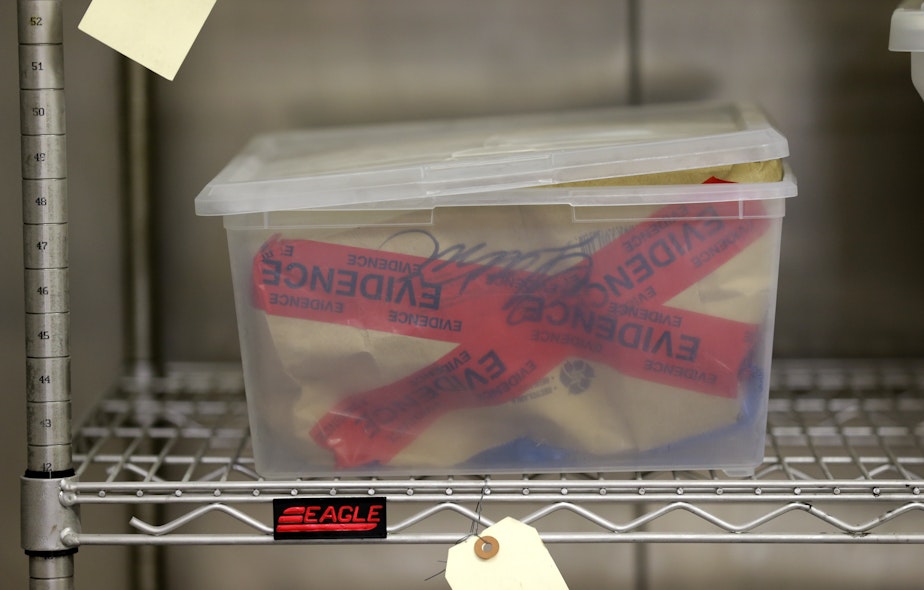DNA samples from an estimated 30,000 convicted felons missing in Washington state

In the FBI’s database of convicted criminals, there should be more DNA samples from Washington state – potentially tens of thousands of them.
Washington state law says people convicted of certain crimes, like sexual assault, have to give a DNA sample to the state. But Attorney General Bob Ferguson says there are many reasons why that hasn’t happened in potentially tens of thousands of cases.
Ferguson: “Someone is sentenced and the sentence is for time they’ve served, right, and there is no actual prison time, and they’re told when they walk out the door, 'Hey, report to the sheriff’s office and give your DNA.' Well, if they don’t do that, and they simply go home, if there’s not a follow up to go collect that DNA, it never happens.”
But, that DNA is a key piece of evidence to identify suspects and solve serious crimes. With new grant money worth $1 million, the Attorney General’s office wants to launch a pilot program to collect some of these DNA samples.
Ferguson says it’s not enough money to solve the problem, but it’s a first step.
This is a transcript of a story that aired on KUOW.

